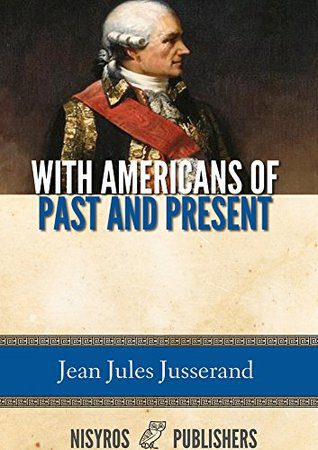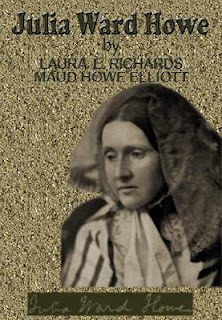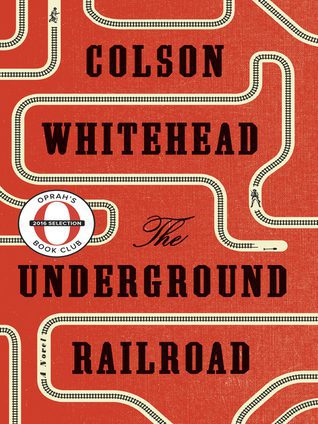 The WNBA wasn’t the only boon to the literary community in 1917. It was also the year that Joseph Pulitzer founded his legendary Pulitzer Prizes, which awarded national recognition in four categories: Journalism, Letters & Drama, Education, and Travel Scholarship. In the last century, the prizes have modernized and expanded but, in keeping with Pulitzer’s tradition, authors are American-born and typically explore an aspect of American life.
The WNBA wasn’t the only boon to the literary community in 1917. It was also the year that Joseph Pulitzer founded his legendary Pulitzer Prizes, which awarded national recognition in four categories: Journalism, Letters & Drama, Education, and Travel Scholarship. In the last century, the prizes have modernized and expanded but, in keeping with Pulitzer’s tradition, authors are American-born and typically explore an aspect of American life.

The Pulitzer Prizes are cemented in our cultural imagination assignifiers of literary skilland merit. But how have the awards in Letters & Drama changed in the last 100 years? Keep reading to see what books made the grade in 1917 and how they compare to the 2017 award-winning titles.
The original Letters & Drama category awarded prizes in Drama, History, the Novel, and Biography or Autobiography. In 1917, J.J. Jusserand won the History prize for With Americans of Past and Present Days, a chronicle of the relationship between France and America during the Revolutionary and Civil War. The prize for Biography or Autobiography was awarded to Laura E. Richards’ and Maud Howe Elliott’s biography Julia Ward Howe, 1819-1910. Their work immortalized 20th century poet Julia Ward Howe, whose most famous poem, “The Battle Hymn of the Republic,” propelled her to literary fame during the Civil War. While the Pulitzer Prize Board applauded these two texts for their rich accounting of American history, it declined to award prizes in Drama or the Novel. The first Pulitzer Prizes for the Novel (Ernest Poole’s His Family) and Drama (Jesse Lynch Williams’ Why Marry?) were awarded in 1918.
applauded these two texts for their rich accounting of American history, it declined to award prizes in Drama or the Novel. The first Pulitzer Prizes for the Novel (Ernest Poole’s His Family) and Drama (Jesse Lynch Williams’ Why Marry?) were awarded in 1918.

Lynn Nottage’s play Sweat, winner of the 2017 Pulitzer Prize for Drama
Courtesy of the LA Times
In 2017, the Letters & Drama category awarded a full suite of prizes in six genres, including Poetry, General Nonfiction, and Music. These contemporary winners explore vastly different corners of American life than their 1917 predecessors, highlighting prison populations (Heather Anne Thompson’s Blood in the Water, winner for History), struggling blue collar workers contending with deindustrialization (Lynn Nottage’s Sweat, winner for Drama), and African American

musical performers from the Civil War to World War I (Tyehimba Jess’s Olio, winner for Poetry). The 2017 winners focus on diverse, de-privileged populations in America, reimagining the Pulitzer Prizes’original call for American writers to contend with an aspect of American life and plunging into under-explored areas of culture and history. One of the most prominent examples of this new focus is Colson Whitehead’s Fiction prize-winning novel, The Underground Railroad, which navigates the violence and bigotry of one America’s ugliest eras and explores how the patterns forged then still shape contemporary America.
In the century since the Pulitzer Prizes were founded, they have become one of the most prestigious awards for American writers. In that time, the American literary landscape has also evolved, as new, diverse voices and previously unexplored populations start to be represented on the national literary stage.
For more information on the the culture of 1917, check out some historic moments. Interested in the literature of the early 20th century? Explore some fiction bestsellers and war poetry.




